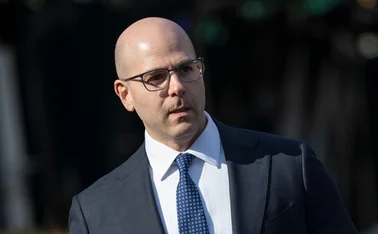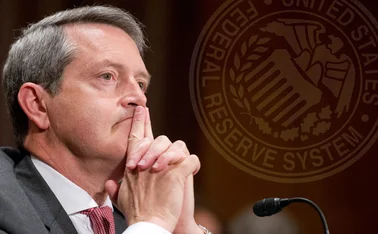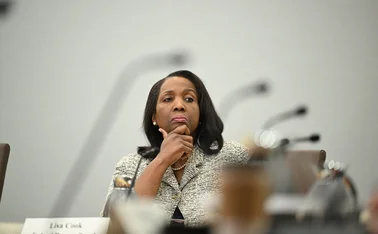
French president calls for expanded ECB mandate
“We cannot have a monetary policy solely focused on inflation,” Macron says

The European Central Bank (ECB) mandate needs to expand to include growth and decarbonisation, French president Emmanuel Macron said on April 25.
“It is absolutely indispensable for the European economy that the objectives of the ECB are integrated with that of growth and decarbonisation,” Macron said. In his speech, Macron gave few details of how the ECB’s mandate should change. All European Union governments would have to agree to alter the ECB’s mandate, but many, including Germany’s, are very
Only users who have a paid subscription or are part of a corporate subscription are able to print or copy content.
To access these options, along with all other subscription benefits, please contact info@centralbanking.com or view our subscription options here: www.centralbanking.com/subscriptions
You are currently unable to print this content. Please contact info@centralbanking.com to find out more.
You are currently unable to copy this content. Please contact info@centralbanking.com to find out more.
Copyright Infopro Digital Limited. All rights reserved.
As outlined in our terms and conditions, https://www.infopro-digital.com/terms-and-conditions/subscriptions/ (point 2.4), printing is limited to a single copy.
If you would like to purchase additional rights please email info@centralbanking.com
Copyright Infopro Digital Limited. All rights reserved.
You may share this content using our article tools. As outlined in our terms and conditions, https://www.infopro-digital.com/terms-and-conditions/subscriptions/ (clause 2.4), an Authorised User may only make one copy of the materials for their own personal use. You must also comply with the restrictions in clause 2.5.
If you would like to purchase additional rights please email info@centralbanking.com








